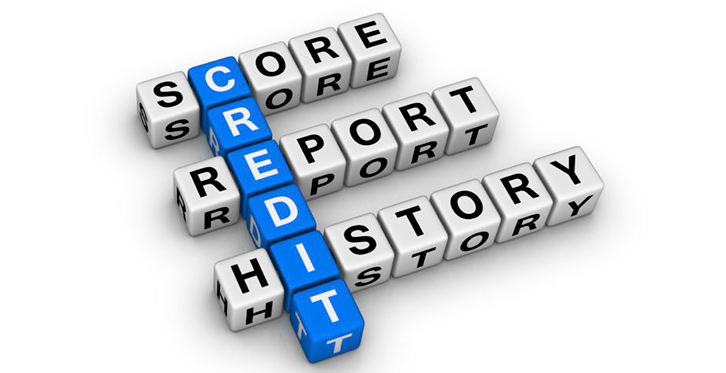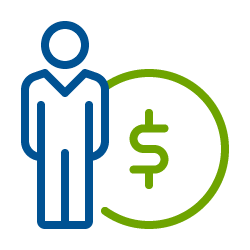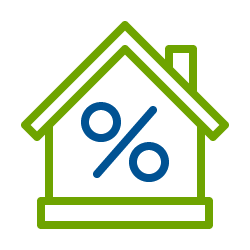Credit Corrector: 4 Ways to Improve Your Credit Score

If you did a little research and found out your credit score is lower than you’d like, don’t panic. Based on what might be lowering your score, you can make a plan to boost your score. You could even start to see your score increase within the first couple months of your plan. Here are some good places to start:
Errors: Mistakes on your credit history can really damage your score. Try to get these resolved with the three major credit bureaus before you do anything else. Annualcreditreport.com
Length/Lack of History: If you don’t have much credit history, there is little information available to determine whether or not you’re financially responsible. Combat this by applying for a low limit secured credit card or small personal loan. Making regular payments on your credit card will help you build some credit history. Be warned—late or missed payments will lower your score.
If you have only been using credit for a short length of time, that can also keep you from achieve an excellent credit score. There is not much you can do to improve this in the short term, just keep using your available credit responsibly.
Less-Than-Perfect Payment History: Paying bills and making loan payments is serious business. Late or missed payments can ding your credit score significantly. If you have a history of this bad habit, nip it in the bud right now. Not only will late/missed payments lower your credit score, you may have to explain these mistakes to a lender when you apply for a major loan, like a mortgage. If you’re struggling to make a loan payment, check with the lender about restructuring the loan to lower payments or changing the payment due date. If you’re having a hard time paying bills, look for areas to cut costs or increase cash flow (cancel your cable, look for a roommate).Types of Credit: You’ve probably heard the term “unsecured debt” thrown around. Unsecured loans are a higher risk for lenders because they’re loaning you money with just your word (and signature) to repay the debt. Secured debt is debt that is guaranteed by something valuable like the car or house you’re financing. Too much unsecured debt can make you seem like a risky borrower.














